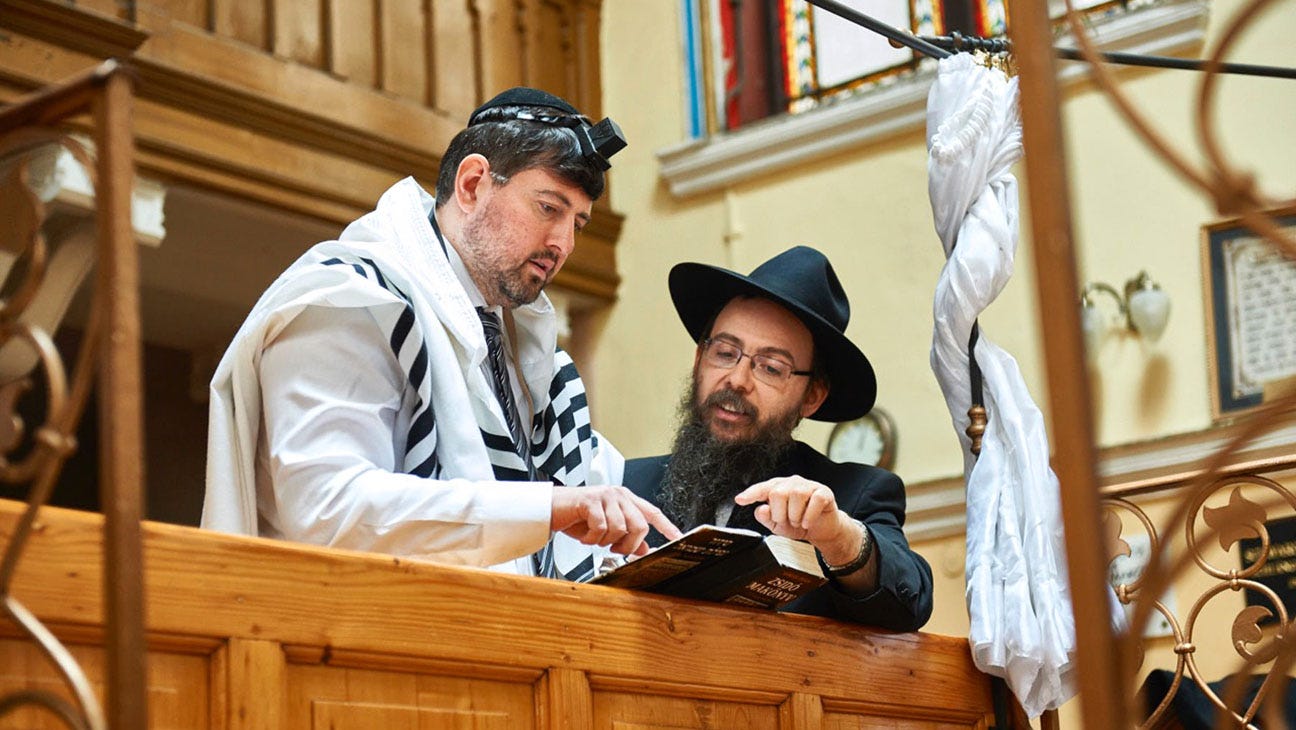Heartland: Keep Quiet

It's easy for most of us to hide our hatred behind political views. When you're taking a stand ideologically, it's common to lose sight of the real pain caused by hurtful policies and vicious rhetoric that come from blind nationalism, developed by people who aren't affected by the outcome but perhaps stand to benefit from them in some way. "Put yourself in their shoes," the other side says. "Would you be so quick to say these things then?"
This is the thrust of "Keep Quiet," a documentary account of someone who did indeed spout, and even help create a party platform of xenophobia and hatred, only to find himself forced into consideration of the other side.
Csanad Szegedi was a star in the Jobbik, the Hungarian nationalist political party, rising through the ranks of Hungarian right-wing politics until he was the party's No. 2 man at age 26. Feeding off of fear and mistrust, Szegedi savaged the Jewish people, virtually denying the Holocaust and sympathizing with those who identified themselves as Nazis.
Early in the film we see him spar with an older Jewish woman, telling her Jews were to blame for the Holocaust if it happened, since they were unwilling to assimilate (read: sacrifice their own culture) rather than disappear into European society.
Soon, Szegedi gets a call from one of his Jobbik allies who tells him rumors are circulating that his grandmother was a Jew. Szegedi denies this vehemently (for there is no greater insult to someone in Jobbik) and then he visits his grandmother, who, in no uncertain terms, confirms his Jewish heritage.
Directors Sam Blair and Joseph Martin present an up-close view of Szegedi's repentance from there, allowing the camera to linger on shots of him reaching out to members of the Jewish community who do not necessarily have forgiveness on their minds. He is indeed defeated, abandoned by his party and exiled to another community of people, whom he has spent the past several years denigrating in the worst possible way through both words and policy.
Blair and Martin allow those Jews the opportunity to directly question Szegedi's motives and his beliefs, including at congresses and assemblies where he is looking to atone, and they are only too eager to flog him for his sins. These sequences are riveting, and raise questions of what defines belief: Are you required to believe something because of who you are and, if so, is that belief sincere? Can you truly change?
But "Keep Quiet" is also ultimately about forgiveness, and doesn't give Szegedi the easy out to say that now that he is a Jew, he is on their side. It acknowledges that, while hurtful political beliefs are often deeply ingrained, there is hope for all of us that those beliefs can indeed sometimes be shifted.
